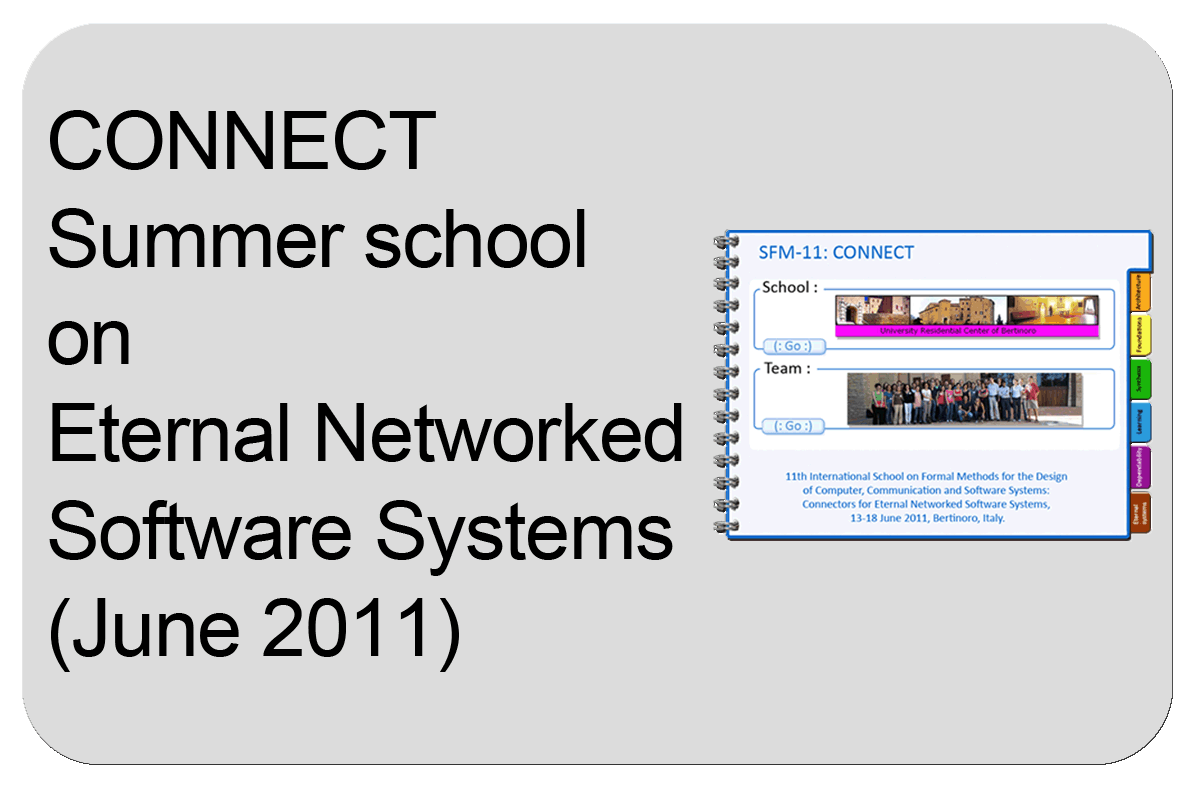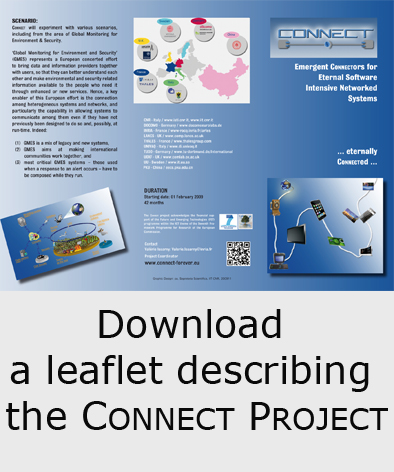       



@ 2012 - Site Map - Credits |
  
InfoLab21,
South Drive, Lancaster University
Lancaster, UK
Phone:+44 (0)1524 510303
Team members |
|
|
Gordon Blair
Professor |
|
Geoff Coulson
Professor |
|
François Taiani
Lecturer |
|
Mark Rouncefield
Senior research fellow |
|
Vatsala Nundloll-Ramdhany
PhD student |
|
Paul Grace
Post doc researcher |
|
Lancaster University
The Computing Department at Lancaster is an internationally leading centre in research on networked and distributed systems. Lancaster University has a reputation as a technical leader in its field —for example, the 2002 International Review of UK Research in Computer Science cites Lancaster University as one of only a handful of sites undertaking “leading-edge systems research”, and also notes “leadership in the area of middleware”.
Expertise brought to CONNECT
Lancaster brings its expertise in distributed systems and middleware to CONNECT. The group has pioneered the development of reflective middleware and has a key interest in achieving interoperability and quality of service in highly heterogeneous distributed systems. They have also worked on service discovery in highly heterogeneous environments through ReMMoC. The Computing Department also has significant expertise in third mission activities being located in InfoLab21, a centre for both high quality research and technology transfer with support for a range of commercialization activities provided by the Knowledge Business Centre collocated with the Computing Department. InfoLab21 also has strong links in industry with a network of over 500 Associate Companies (mainly SMEs in the region).
Contribution to CONNECT research
Lancaster University leads the work on the CONNECT architectural framework with particular focus on the overall architecture and the prototype implementation. Lancaster University also has strong interest in model driven engineering, particularly as related to middleware families and brings this expertise to CONNECT. The group involved also has a strong tradition of deploying experimental middleware in real settings and brings this background to contribute to demonstrators and subsequent evaluation. Finally, Lancaster has pioneered the use of socio-technical approaches in the design of dependable systems, which it will fold into the project.
|

















